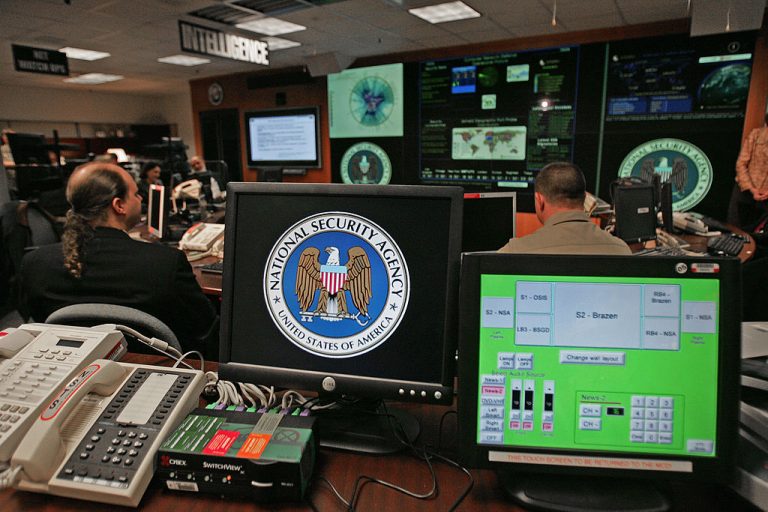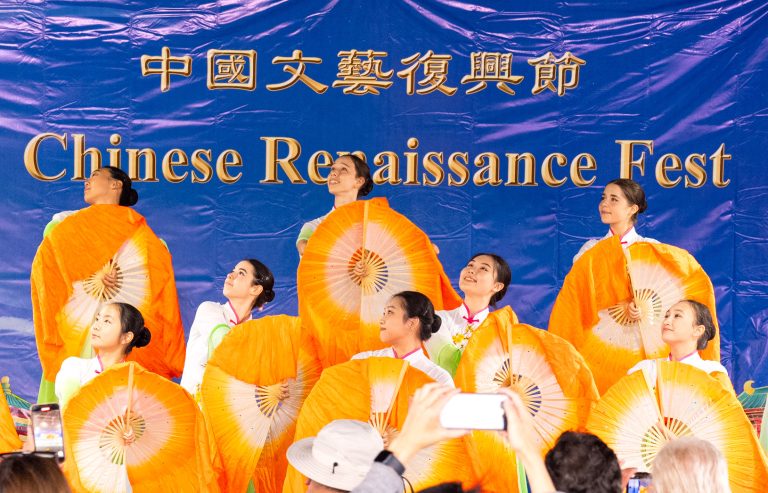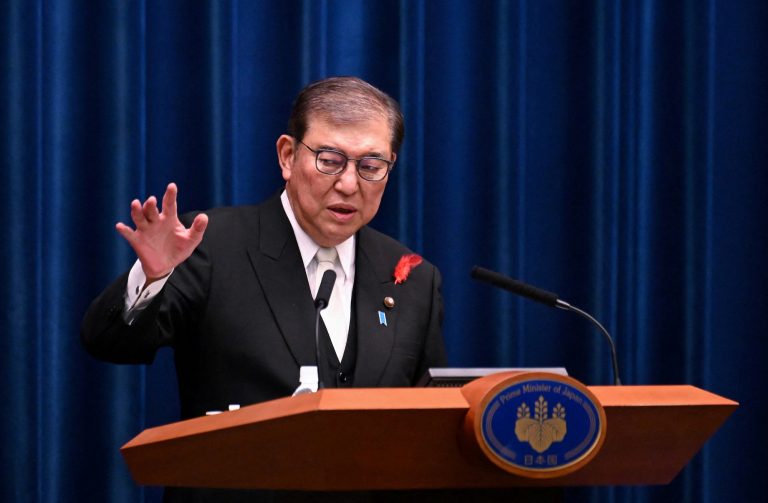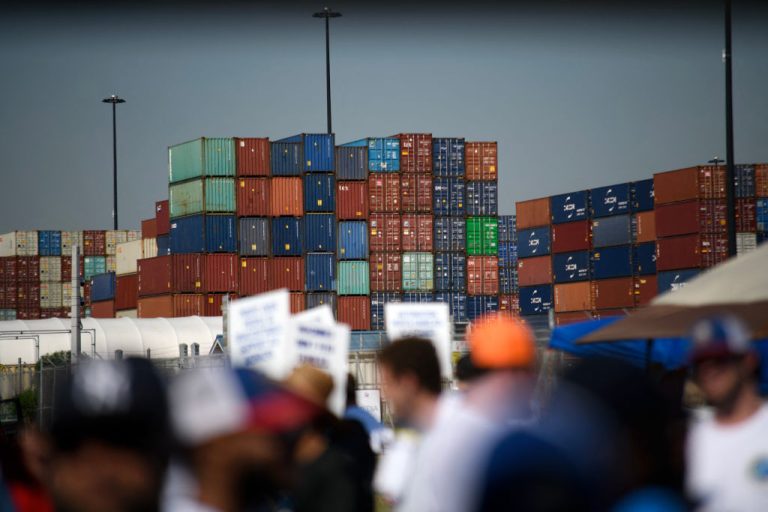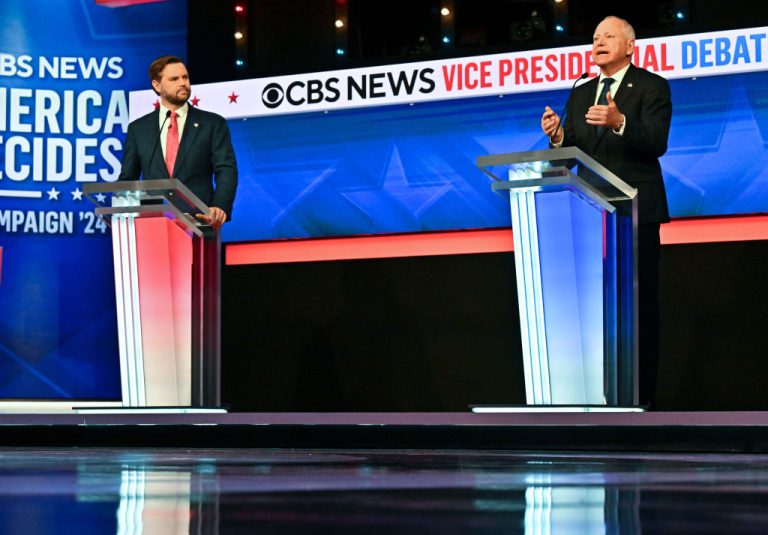In May, President Joe Biden had ordered American intelligence agencies to deliver a report on the origin of Coronavirus Disease 2019 (COVID-19) within 90 days. A two-page unclassified assessment of the U.S. Intelligence Community (IC) was recently issued, showing agencies failed to arrive at a consensus on the issue. The IC denotes several American intelligence departments including the CIA, FBI, and military agencies.
“After examining all available intelligence reporting and other information… the IC remains divided on the most likely origin of COVID-19. All agencies assess that two hypotheses are plausible: natural exposure to an infected animal and a laboratory-associated incident,” the summary states.
The IC believes the virus “probably emerged” and infected human beings on a small scale in Nov. 2019. The first known cluster of infections emerged in Wuhan in December. Most agencies in the IC believed the virus “was not developed as a biological weapon,” but two agencies disagreed, stating that there was not “sufficient evidence to make an assessment either way.”
The summary says that Chinese officials did not have foreknowledge about COVID-19 prior to the outbreak of infections. However, one IC agency assessed with “moderate confidence” that the first human contact with the SARS-CoV-2 virus probably occurred as a result of an accident at the Wuhan Institute of Virology (WIV).
Unless new information on the virus emerges, the IC believes that it will be unable to provide “a more definitive explanation” for the origin of COVID-19. According to the summary, the IC lacks sufficient clinical samples with epidemiological data of the earliest COVID-19 cases. The Chinese government must cooperate in order to crack the mystery of the pandemic’s origin, it said. However, Beijing continues to “hinder the global investigation, resist sharing information, and blame other countries, including the United States.”
Success
You are now signed up for our newsletter
Success
Check your email to complete sign up
Jesse Bloom, the evolutionary biologist at the Fred Hutchinson Cancer Research Center, welcomed the IC’s assessment that the lab-leak theory was plausible. “I hope the intelligence community will release any new information they have collected,” Bloom said to Science. Earlier, he had organized a letter signed by 17 scientists that called for “balanced consideration” of COVID-19 origins.
Biden had asked the Chinese government to allow for independent audits of labs in Wuhan that work on coronaviruses, but Beijing refused the requests. A few days before the IC summary was released, the communist regime warned of retaliation against those who questioned whether the SARS-CoV-2 virus leaked from one of its labs.
“We will continue to cooperate with international organizations like the WHO in their research and in their search for the origins… But we do not accept baseless and unfounded accusations that are politically motivated. And if they want to baselessly accuse China, so they better be prepared to accept the counterattack from China,” Fu Cong, director-general of the Foreign Ministry’s Arms Control Department, said in a statement.
WHO investigation, Chinese propaganda
A recent Danish documentary exposed China’s attempt to influence the World Health Organization (WHO)’s COVID-19 origin investigation earlier this year. The investigation had reported a lab leak theory was “very unlikely,” with researchers saying they would not recommend further investigation into the issue.
In the documentary, Peter Ben Embarek, who led the investigation team in conjunction with Chinese counterparts, said that the Chinese only agreed for the lab leak theory to be mentioned in the report on the condition that “any specific studies to further that hypothesis” would not be recommended.
“In the beginning, they didn’t want anything about the lab [in the report], because it was impossible, so there was no need to waste time on that… We insisted on including it because it was part of the whole issue about where the virus originated,” Embarek said in the documentary.
He suggested that the pandemic might have originated as a result of “human error,” which the Chinese government was unwilling to acknowledge. “The whole system focuses a lot on being infallible, and everything must be perfect… Somebody could also wish to hide something. Who knows?” Embarek said.
Meanwhile, Beijing is spreading propaganda against the United States, insisting that the Fort Detrick military base in Maryland is the possible origin of COVID-19. Fort Detrick used to be the center of America’s biological weapons program, and currently houses labs that research smallpox and Ebola.
Chinese state-run media outlet CCTV aired a report titled “The Dark History behind Fort Detrick” which focused on the containment breaches at the base’s lab in 2019. A related hashtag on Weibo, the Chinese equivalent of Twitter, racked up over 100 million views. CCP outlet Global Times set up an online petition asking the WHO to investigate Fort Detrick, which reportedly collected over 25 million signatures.
“We see a more sustained campaign involving more numerous and geographically spread accounts to promote the narrative [about Fort Detrick],” Ira Hubert, a senior investigative analyst at social analytics firm Graphika, said to BBC.



